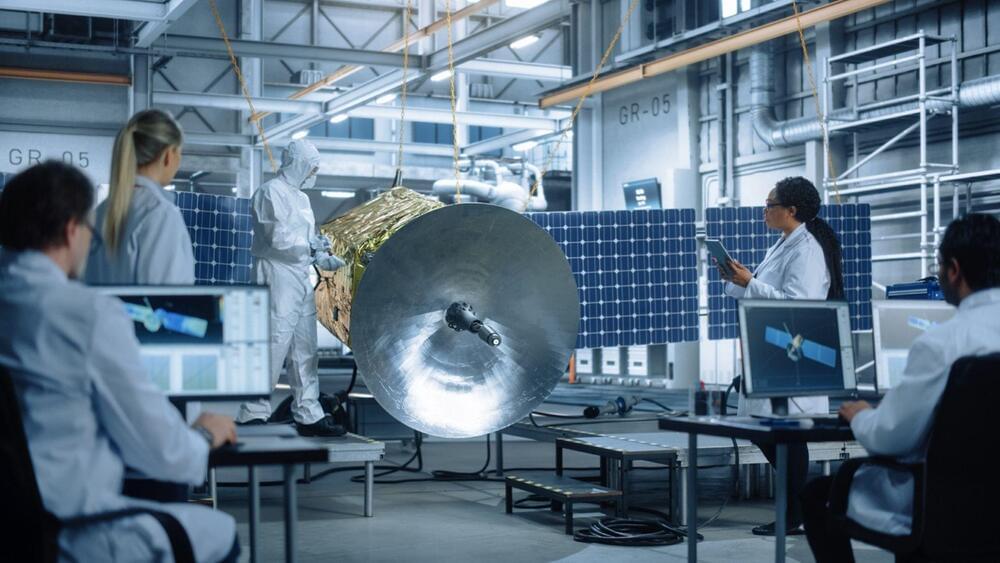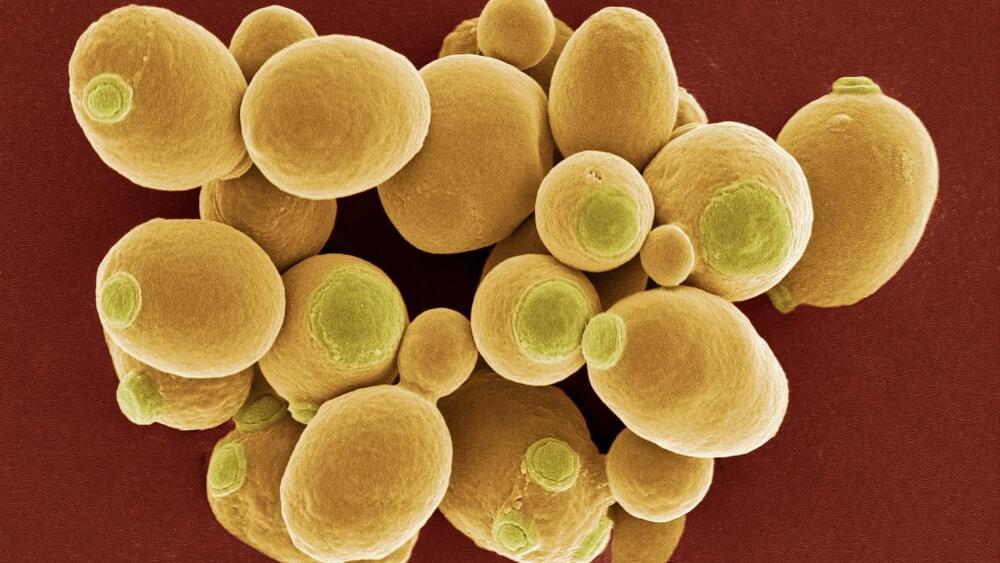Nov 13, 2023
Mind-Body Link Exposed: Unraveling the Physical Costs of Mental Disorders
Posted by Saúl Morales Rodriguéz in categories: biotech/medical, health, neuroscience
Psychiatric patients almost twice as likely to have multiple physical ailments – new study.
A new study, conducted by Anglia Ruskin University (ARU) in collaboration with the University of Cambridge’s Biomedical Research Centre, has revealed significant findings about the physical health of psychiatric patients. This extensive analysis incorporated data from 19 different studies, involving 194,123 psychiatric patients globally, and compared them to 7,660,590 individuals in control groups.
Findings on Multimorbidity.
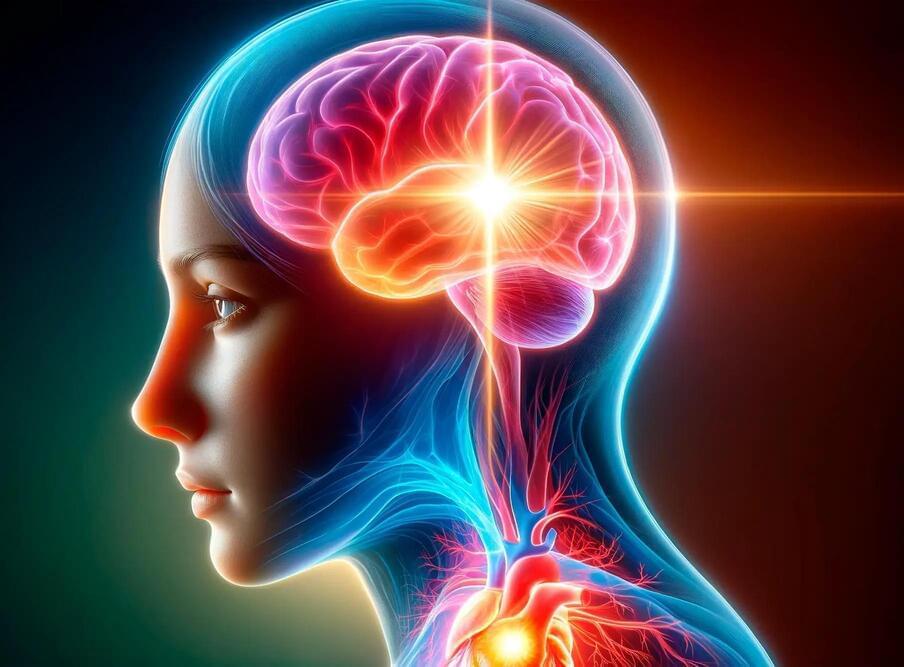
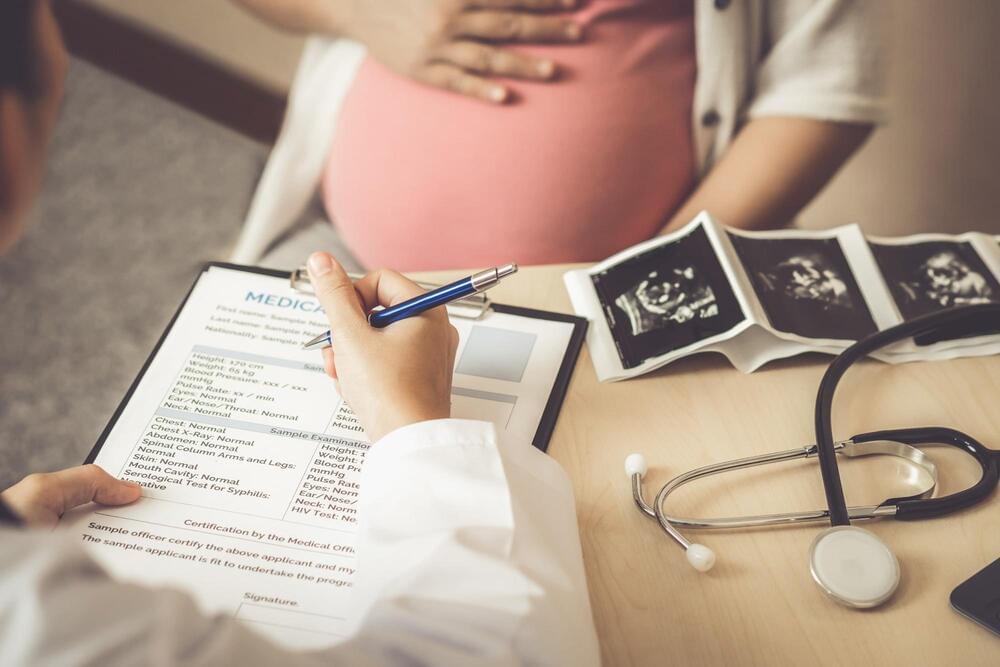
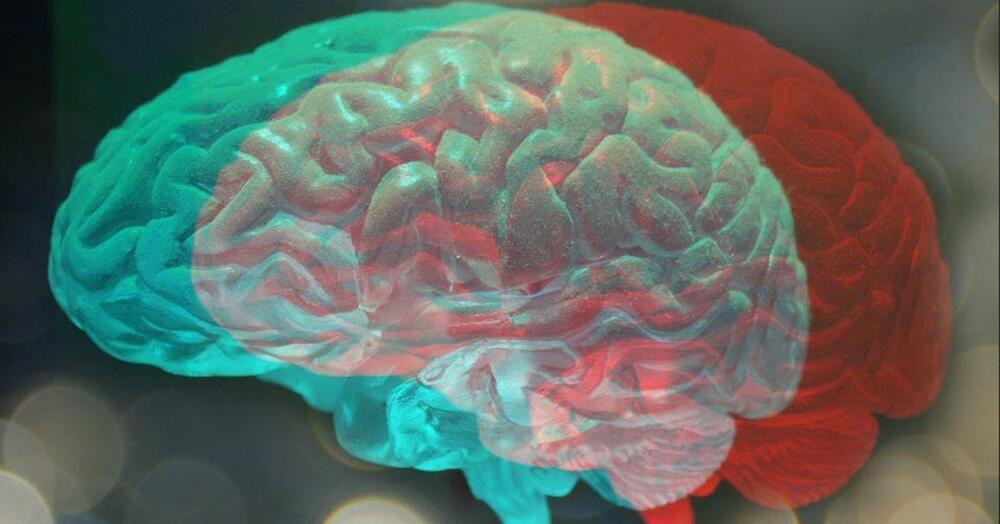
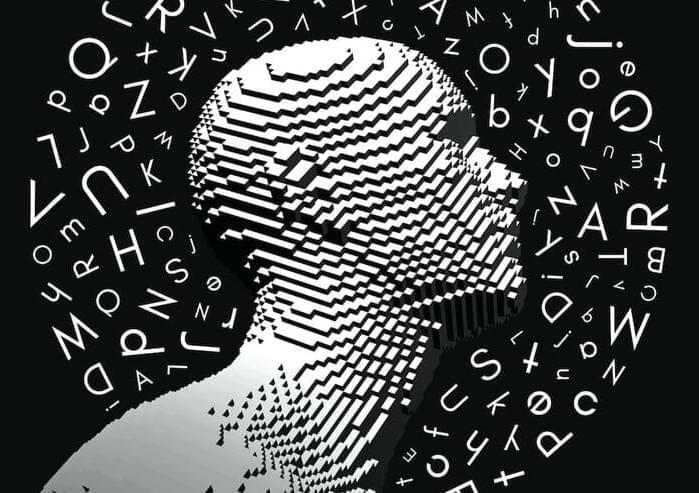
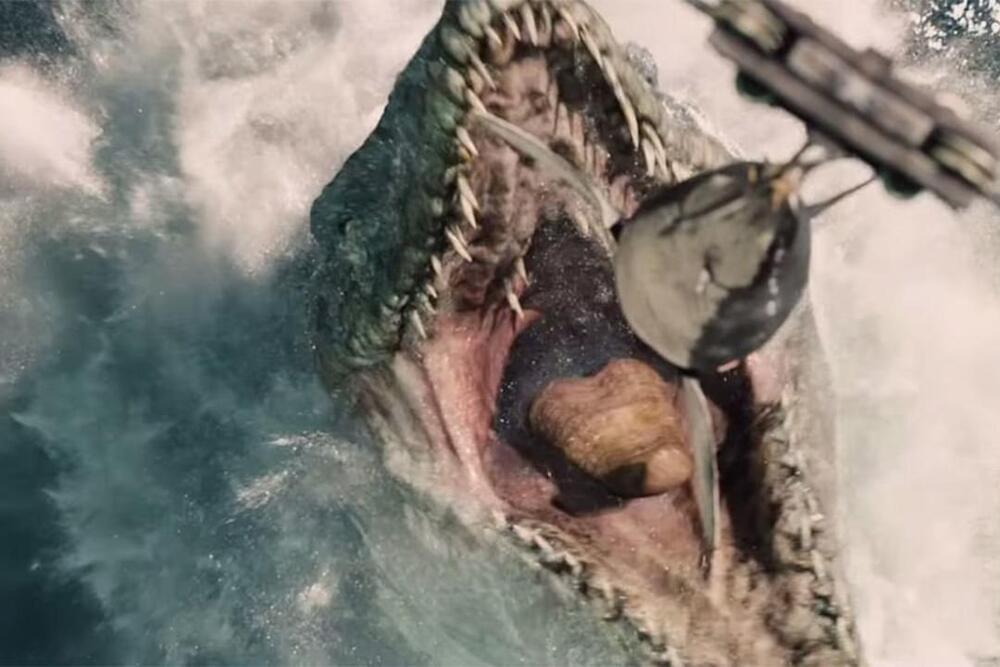
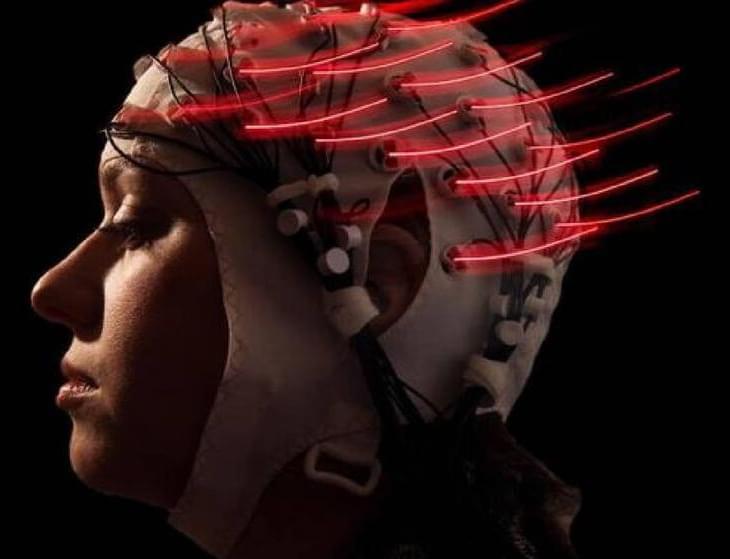
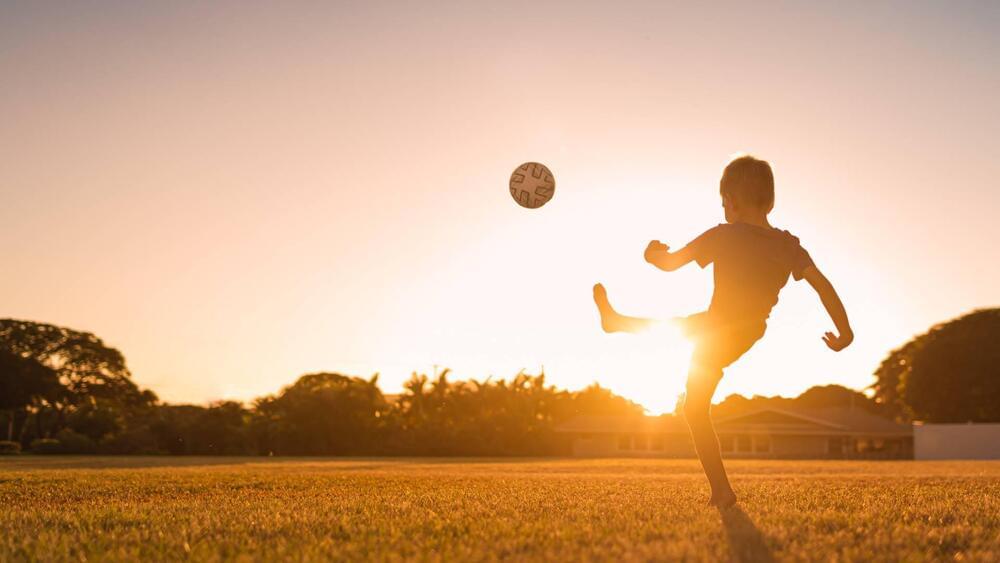
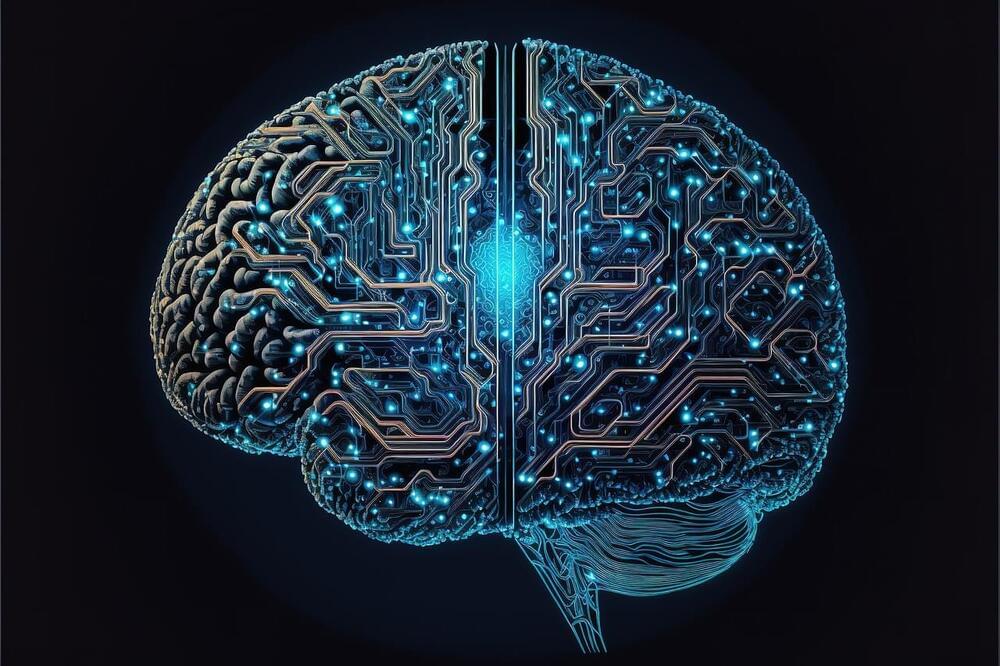
 עברית (Hebrew)
עברית (Hebrew)